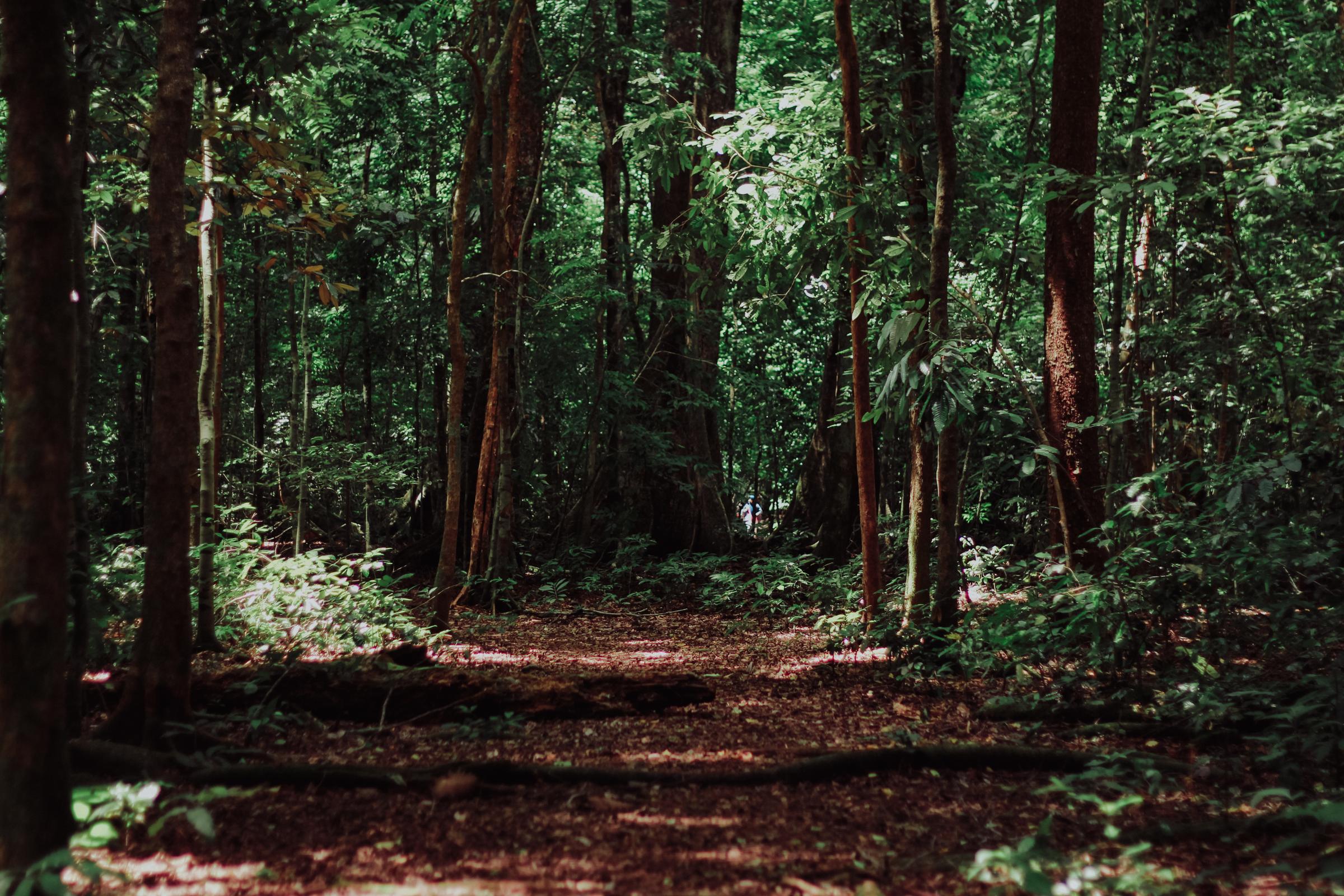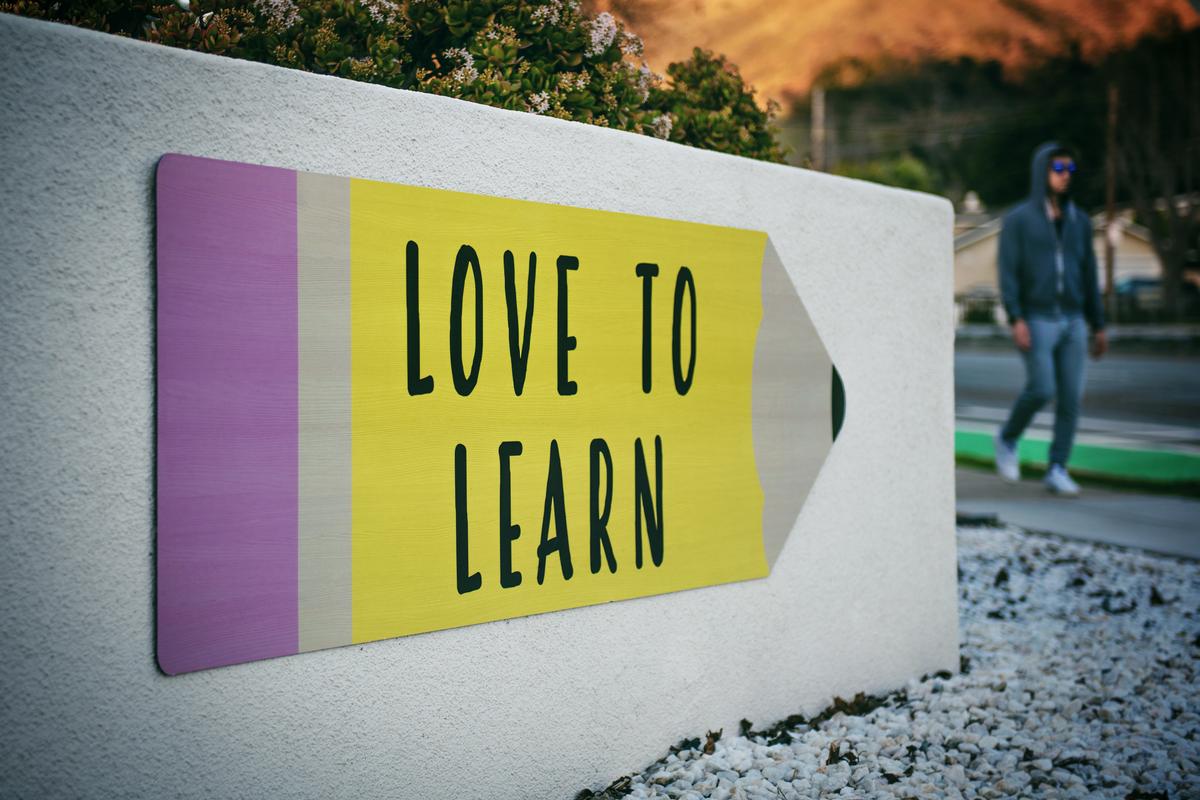principal's message
Hannah Reid

principal's message
Hannah Reid
I really can’t say it enough - it is fantastic to be back! I have missed the whole school community so much. It has been a delight to see a few students, parents/carers and most of the staff (either in person or via teleconference) and I haven’t stopped smiling all week. I’m sorry I won’t be at school next week to see everyone return, as next week I will continue my treatment and will be at home. I do think, however, that the pure and bucket-filling joy that will be emanating from our little school on the hill, as everyone joins together again, may just reach me at home! I wrote about my return and how I will be working part time in an email earlier this week, but if anyone has any questions about how the school will maintain smooth operations, please make contact with myself, Wendy or the school.
During this term, while I’m working part-time, we are lucky enough to have Tom Hortop joining our leadership team. Tom brings with him great experience both in schools and in leading school improvement. With grown-ups not allowed on the premises, it is hard to introduce new staff members. Families in attendance at the Foundation and/or Junior School online forums would have seen Tom’s face, but you will all get to know him through his newsletter articles every three weeks. Tom has been part of our school family for only a week and has already had us laughing, thinking deeply and eating choc-chip cookies. Thanks for working with us this term and during these challenging times, Tom!
There is no doubt that the pandemic that has hijacked this year for so many of us has impacted children in different but equally as important ways to the adults. Student engagement in learning has dropped across the world, with a direct link being drawn between this upsetting data and remote learning. If students are not engaged in their learning, it is extremely difficult for them to learn! So our very first staff meeting for this term was focussed on exactly that. This week, we addressed three questions: Why have students across the world disengaged from learning during remote learning? How do we plan to re-engage our students practically, academically and psychologically? What do we need in order to achieve re-engagement at an equal or higher level than before the pandemic? I won’t describe the next hour of discussion in full, but I will say that your children are in spectacular hands! The conversation brought a (happy) tear to my eye, as I remembered the levels of passion, professionalism, reflective thinking and empathy that our teachers bring to their work every single day.
There were a number of themes that arose throughout the conversations, including:
Our teachers have been planning wonderful learning experiences to support each of these themes and to re-engage each and every one of your children. We are so excited to have them back and to take our own learnings from this experience to make ourselves better educators and our school a continually improving school.


Yes, it’s that time of year already! For our staff, a large portion of this term is dedicated to planning for 2021 and one of the biggest tasks ahead of us is class formation. Our classroom placement policy can be found below; it outlines the timeline and process we undertake to design classes that cater to the needs of individuals while working cohesively as a larger group. Each fortnight (and weekly, later in the term) I will continue to write about class placement, guiding families through our philosophy and approach to student placement as well as where and how their input is sought. This year there is an additional paragraph to our Class Formation policy that recognises the impacts of COVID-19. During this process, we are investigating appropriate ways to support all our students through transitions and pathways, we are reviewing our grade structures, staff placements and considering the importance of maintaining as much ‘normalcy’ as possible. Please keep an eye out for updates in the newsletter.
When thinking about your child moving into their new grade next year, some families have contacted us to discuss possibilities of their child repeating the year. We are aware that this has been a discussion for families in kinders, primary schools and secondary schools across the state. There has been a great deal of research into students repeating and in most circumstances, repeating is not advised and has not shown to have benefits - in fact, it often has a detrimental effect for students. Attached is a letter outlining this information in further detail, for those interested.
My connection with BNWPS has lasted over twenty years and throughout that time, our sense of community has continued to grow. The community events and feeling of belonging is one reason why many of you joined our school; it is something we are incredibly proud of. As COVID-19 and the strategies employed to limit the spread of this virus started to impact Australia, one of the questions on many of our minds was, ‘How can we maintain the sense of community we so value, at a time of significant and ongoing isolation?’
Staff members, members of the School Council and its Sub-Committees and numerous other community members came up with the myriad of approaches we have seen over the past 6 months. We have enjoyed virtual trivia nights, teddy bear/rainbow walks, isOlympics and so much more. Some of our approaches attracted attention from local schools, such as our virtual assemblies, which were quickly adopted by many schools within our network after they heard how BNWPS was thinking outside the box. Some of our approaches, such as the BNWPS radio, have attracted attention from further afield! We are so proud of all the staff, students and parents/carers who were involved in our BNWPS radio and are thrilled to share the ABC news interview with our very own Jack Madin, talking about how the radio station came to be, and the positive impacts it has brought our community. This interview and approach to connecting the community has also been highlighted by the Department of Education as an extraordinary example of creative thinking, with student wellbeing at the centre.
Maintaining the sense of community takes the whole community. So while we are overjoyed to celebrate this initiative, I want to also thank each and every one of you who participated in all community building activities; for engaging in every idea we have concocted, for coming up with your own ideas and for being the amazing people you are. We really can’t wait to come together again in person, but in the meantime, know we are thinking of you all and appreciate you all.


This term is a SunSmart term in all government primary schools. This means that all students across Victoria must be wearing a broad-brimmed or legionnaire hat during recess, lunch, PE/STEAM or other outdoor lessons. Students must also have their shoulders covered (ie. no singlets or tank tops). Due to the natural elements of our yard (sticks and rocks), we also ask students to wear closed-toe shoes in order to avoid injuries from objects poking into closed toe sandals. These are the only compulsory rules we have around student uniform/dress and we appreciate your cooperation and understanding in keeping all our students safe.

